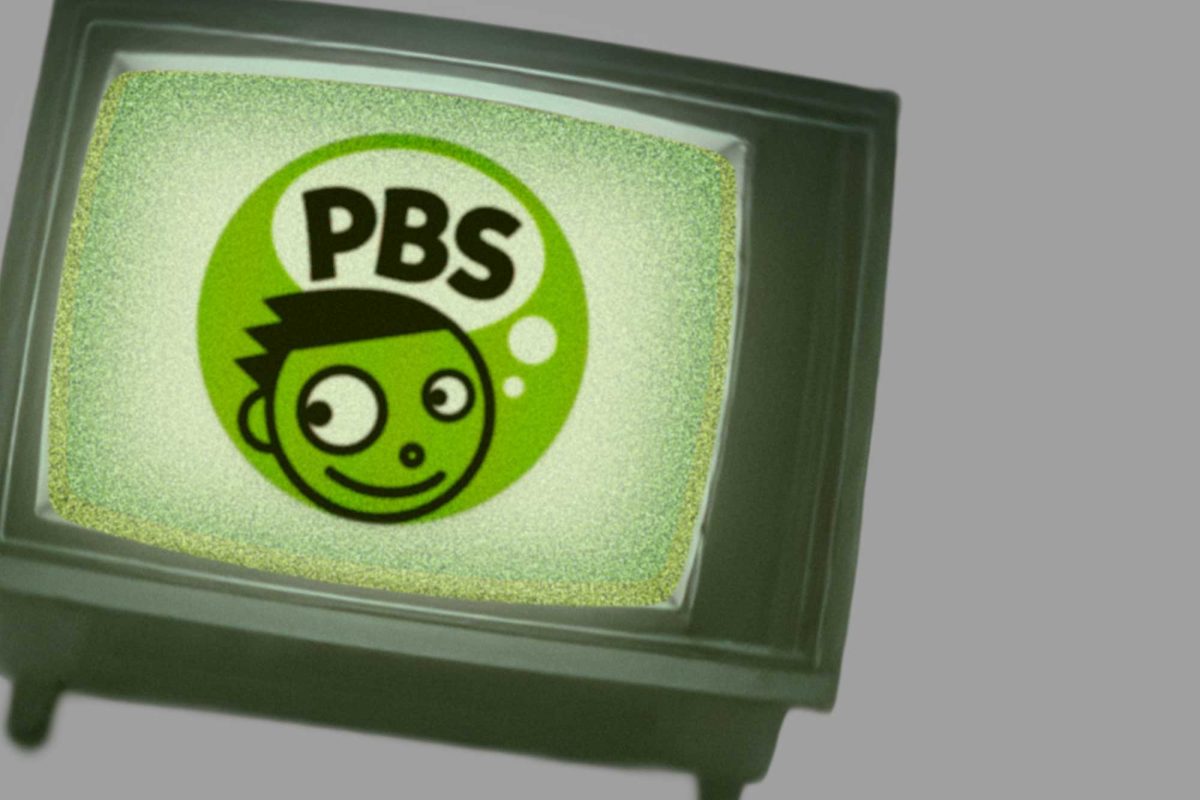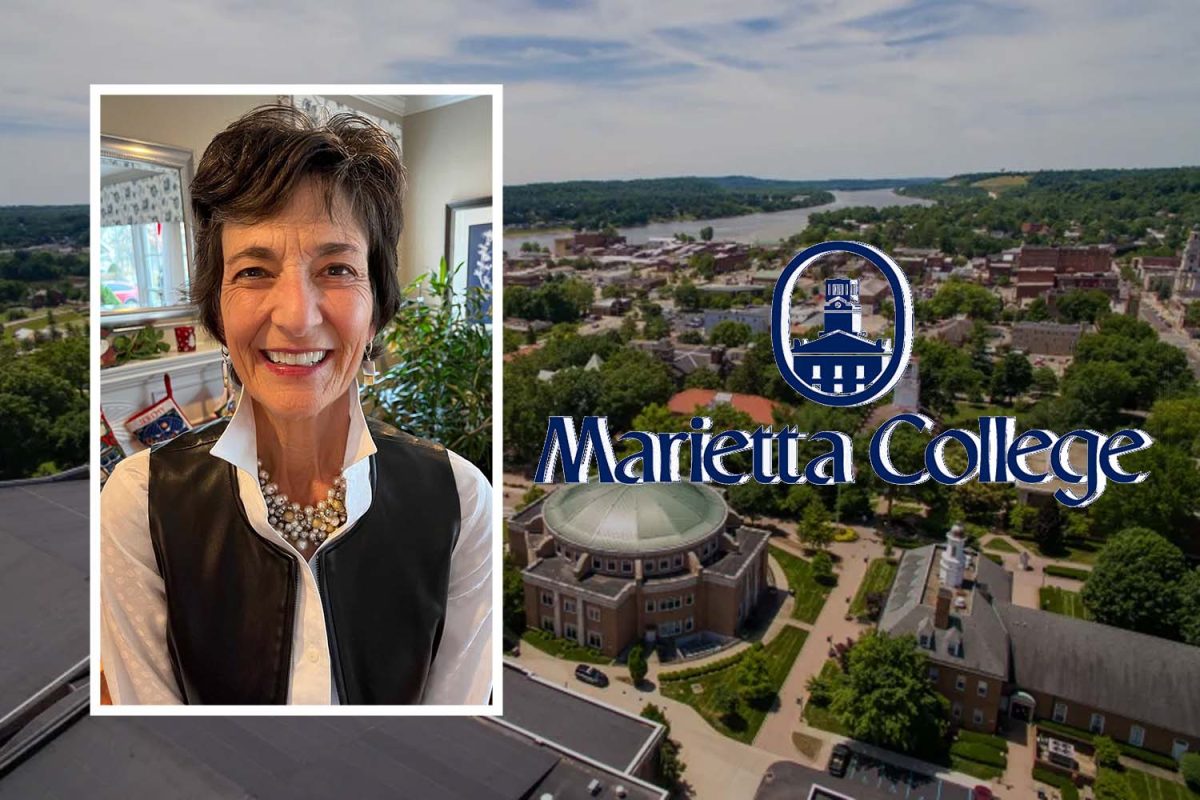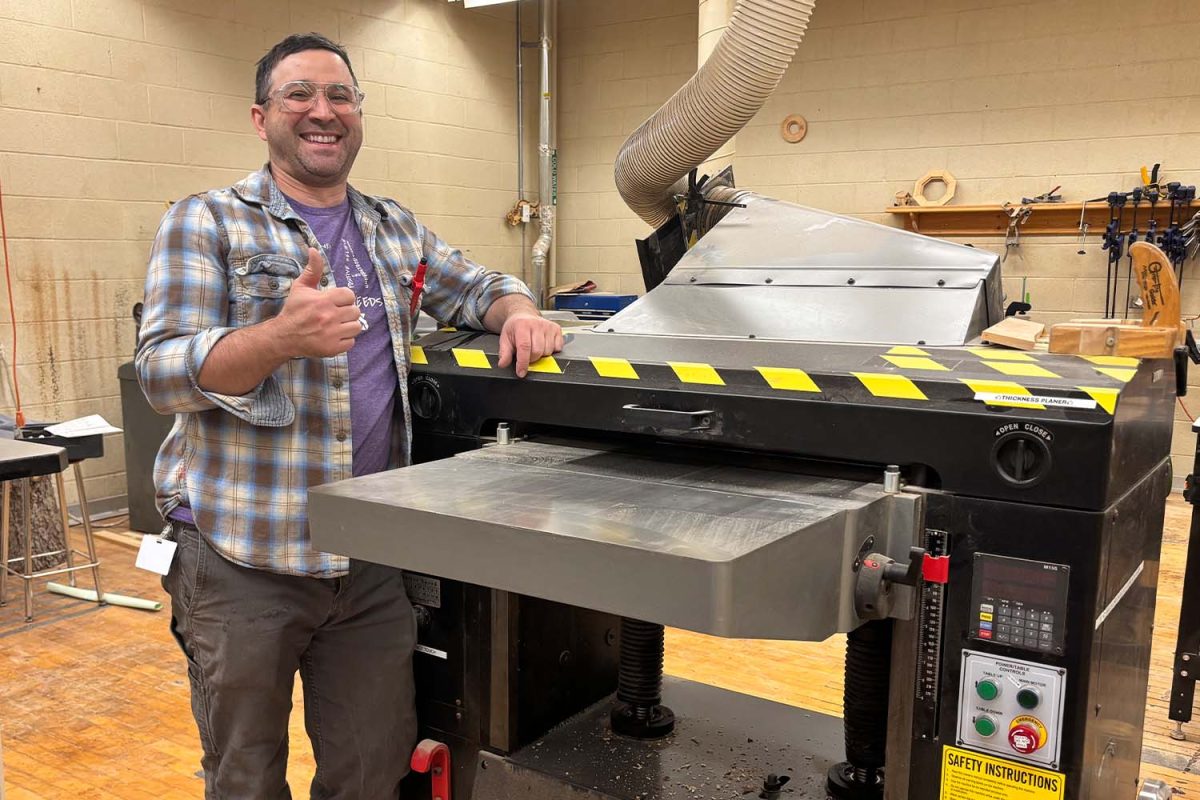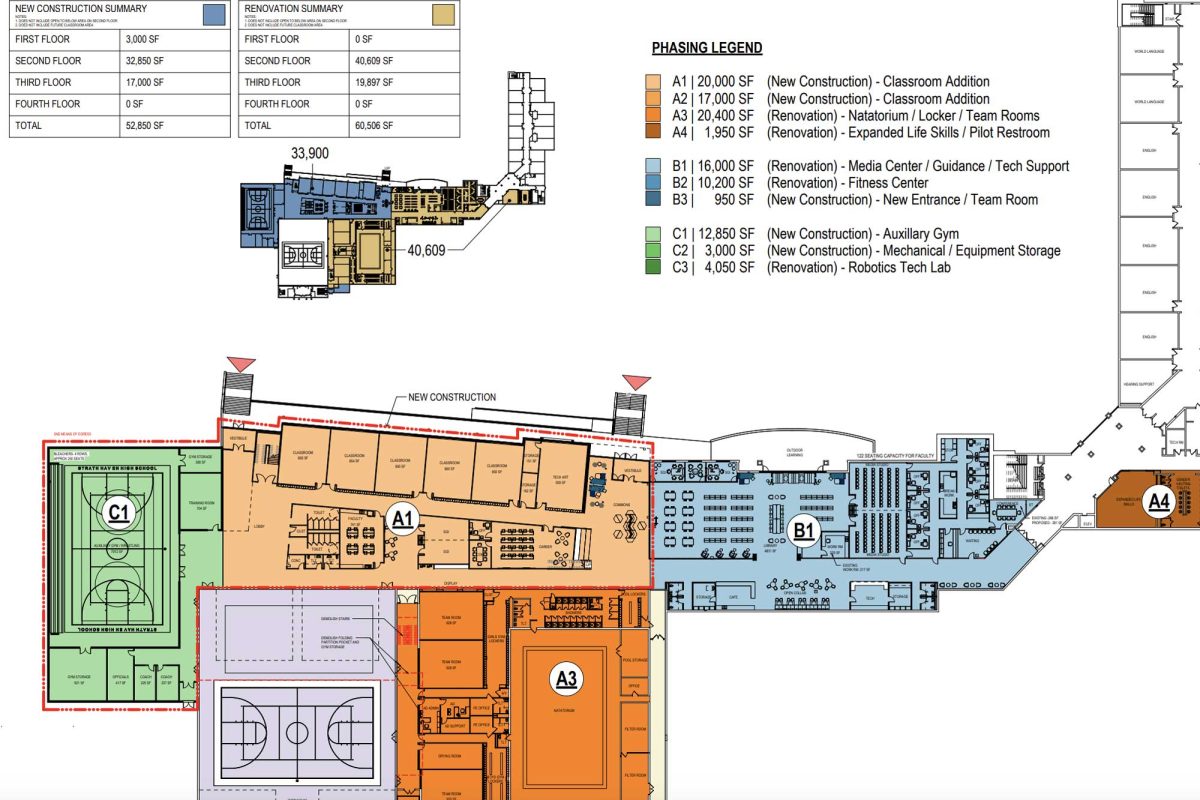College Board is expanding its pilot of AP African American Studies, while AP Precalculus will be offered in schools for the first time in the 2023-2024 school year.
For decades, College Board’s Advanced Placement program (AP) has represented a unique opportunity for high school students to challenge themselves through college-level courses with the possibility of earning college credit. Advanced Placement offers 38 courses ranging in subjects from Calculus to Studio Art.
One of the most important jobs for Strath Haven’s AP Coordinator Assistant Principal Mrs. Andrea LaPira is evaluating which courses should be added to our curriculum.
“With careful review,” LaPira said, “we are open to gaining a comprehensive understanding of how these and other newly proposed courses will meet the academic and cultural needs of our students.”
As for AP African American Studies and Precalculus, LaPira said the high school is still in the early planning stages in gauging whether or not to adopt them within our curriculum.
“Both AP courses are in their infancy as College Board offerings, and while we are interested in the value they add to the high school curriculum, we intend to fully evaluate the courses in conjunction with the district curriculum office, department teacher leaders, and counselors and to prepare our teachers prior to implementation,” she said.
This process that could take a year or more, according to LaPira.
AP African American Studies has been the source of recent controversy with the the Florida Department of Education rejecting the teaching of the course in all Florida schools. The Department of Education cited examples of ‘woke indoctrination’ that would violate state laws restricting how race can be taught in the classroom, according to New York Times reporting.
Two years ago, social studies teacher, Mrs. Xaras Collins, piloted and taught Strath Haven’s first African American Studies course during the 2019-2020 school year. The inaugural course ran in the spring 2020 and is still listed in the Silver Guide, although it has not run since 2020.
Strath Haven’s course centered primarily around studying the history of the African American diaspora. Collins is excited to imagine the vast possibilities an official AP course has in store for the student body.
“Given the high-achieving nature of our student body, and advanced placement scheduling goals, I think offering the elective as an AP course will broaden the appeal and desire to enroll in an ethnocentric social studies elective,” Collins said. “It will further demonstrate the school district’s overdue commitment to provide a more inclusive and diverse set of courses in our social studies department”
According to the College Board’s website, the course is geared towards providing “an evidence-based introduction to African American studies” with an interdisciplinary curriculum combining “literature, the arts and humanities, political science, geography, and science—to explore the vital contributions and experiences of African Americans.”
Collins praises the district’s reciprocation in welcoming this course as an AP class.
“From conversations with my department chair, Mr. [Richard] Foulk, and our new secondary curriculum director, Dr. [Leslie] Pratt, I’m fairly confident that we will offer the AP African American Studies course with an anticipated launch date for the 2024-2025 school year,” Collins said. “This coincides with the College Board opening up participation to all high schools. The district has recently demonstrated a commitment to expand our current social studies electives to include more BIPOC/ethnic studies courses.”
AP Precalculus has also been the source of some controversy nationwide from math teachers nationwide in questioning whether the topic is even worthy to be an AP class to begin with. But despite frequent criticism the College Board remains confident that they’re aiming to fight a broader issue at hand: poor preparation for college-level math.
“Every year, tens of thousands of American students are derailed by a common obstacle: inadequate preparation for higher-level math,” the College Board’s website states. “A third of college students spend time and money on remedial math courses that don’t count toward their degrees because they lack sufficient math skills.”
These students are forced to meet math credit requirements in order to graduate, but with limited preparation in high school, they end up taking required basic math classes that take valuable space from classes that actually count towards their major.
To bridge this gap, the College Board proposed precalculus as an AP option. Completing the AP class can allow high schoolers not planning on pursuing STEM in college to learn the mathematical tools necessary to prepare them for college-level math coursework and give them the possibility of earning college credit.
Precalculus teacher Mrs. Lysa Reiger does not think that the AP Precalculus course is fully developed as of yet.
“So they published a curriculum, very [much] like an outline of a curriculum, and a bunch of math educators wrote a formal letter to the College Board appealing for them to revise the curriculum to make it doable in a year,” Reiger said, “Now College Board is saying they’re going to go back and revise the curriculum, but we’re sitting here in December, and they don’t have a published curriculum for this year’s course.”
While it’s evident that the course will not be available to Strath Haven students next year, Reiger doubts that an AP course on Precalculus is even worth it at all.
“Both at our CP and at our honors level, [we have] PreCalc classes that are already close to what the AP class is,” Rieger said. “Just speaking from experience, I’ve taught multiple kids that graduated with CP PreCalc that did fine in college, and kids that even did engineering that were fine coming out of our PreCalc class.”
Reiger however, stands firm in believing that the biggest cost of having this course is the price of the AP test.
“I would hate for everyone to have to spend $100 to take a course that is just as good, or the same, or similar to what we’re already offering that doesn’t cost $100,” she said. “That $100 doesn’t get you anything.”















